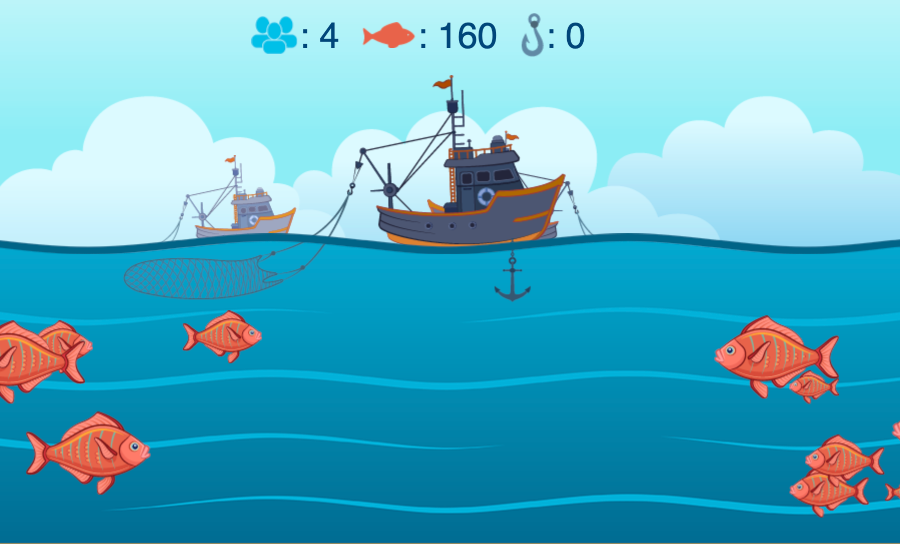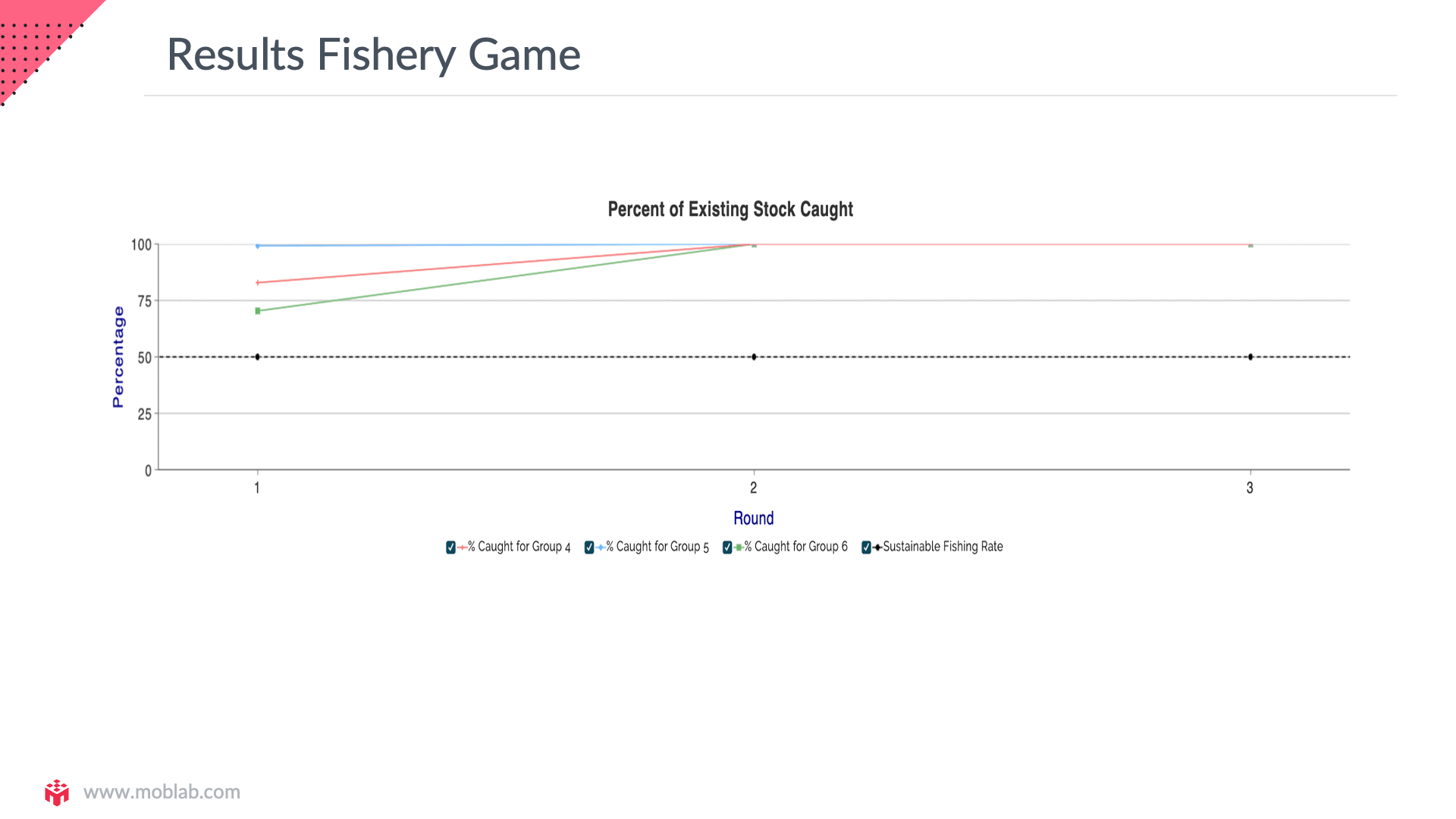New! Tragedy of the Commons Module Debuts in Online Assignments
Most economists agree that markets are usually a good way to organize economic activity. However, economists disagree on what to do in case the market fails. One of the most relevant and fundamental concepts is the distinction of different types of goods (private, public, common, club goods). Common resources, and especially the linked tragedy of the commons, are important topics in contemporary discussions. Whether your students are economics majors or just studying to complete their general education, introducing them to this concept and why difficulties arise in coordinating activities can help them better understand real world challenges such as climate concerns or the threat of extinction for various species.
Therefore, we are excited to share with you the ready-made Tragedy of the Commons Online Assignment. This new Online Assignment comes with learning videos, interactive games and reflection surveys - all designed for asynchronous teaching. Simply add the assignment to your playlist, schedule it to run, and voilà: your students will be ready to play and learn!

Student Game Interface
High-quality explanations of fundamental economics concepts
Our new Tragedy of the Commons Online Assignment includes two rounds of our fishery game - one in a group setting and one with private property rights - and two debrief videos that walk students through stylized game data to facilitate chart literacy. In particular the first debrief video, provides students with the results data to appreciate the tragedy of the commons as it reveals itself in their actions from the MobLab Commons Fishery game.

Data Presentation to motivate the Tragedy of the Commons
After gleaning the insights from the data, our friends at MRU explain step-by-step how the tragedy of the commons conceptually comes about and possible solutions. Students will play the game a second time but this time they will be fishing in their own private lake (perfect property rights) to see how this produces a sustainable rate of fishing and, consequently, higher returns. We circle back to the same chart and ask students to interpret how this second game is different to close the learning loop. A final question prompting students to argue which proposed mitigation mechanism to the tragedy of the commons is most likely to combat the overfishing of tuna wraps up the entire assignment.
Would you like to learn more about MobLab economics games? Get in touch with our team. Whether you’re teaching in person, online, or both, MobLab has got you covered with Online Assignments for asynchronous learning. Click here to schedule a one-on-one demo meeting.
Most economists agree that markets are usually a good way to organize economic activity. However, economists disagree on what to do in case the market fails. One of the most relevant and fundamental concepts is the distinction of different types of goods (private, public, common, club goods). Common resources, and especially the linked tragedy of the commons, are important topics in contemporary discussions. Whether your students are economics majors or just studying to complete their general education, introducing them to this concept and why difficulties arise in coordinating activities can help them better understand real world challenges such as climate concerns or the threat of extinction for various species.
Therefore, we are excited to share with you the ready-made Tragedy of the Commons Online Assignment. This new Online Assignment comes with learning videos, interactive games and reflection surveys - all designed for asynchronous teaching. Simply add the assignment to your playlist, schedule it to run, and voilà: your students will be ready to play and learn!

Student Game Interface
Our new Tragedy of the Commons Online Assignment includes two rounds of our fishery game - one in a group setting and one with private property rights - and two debrief videos that walk students through stylized game data to facilitate chart literacy. In particular the first debrief video, provides students with the results data to appreciate the tragedy of the commons as it reveals itself in their actions from the MobLab Commons Fishery game.

Data Presentation to motivate the Tragedy of the Commons
Would you like to learn more about MobLab economics games? Get in touch with our team. Whether you’re teaching in person, online, or both, MobLab has got you covered with Online Assignments for asynchronous learning. Click here to schedule a one-on-one demo meeting.

